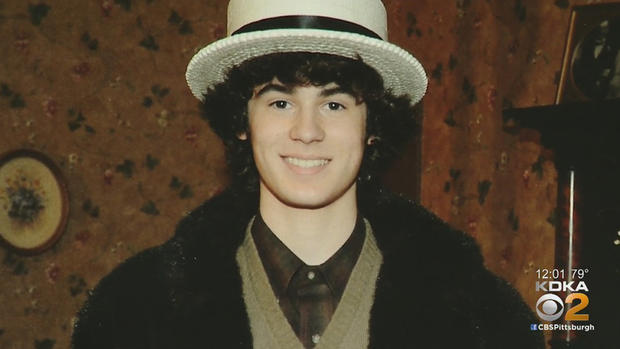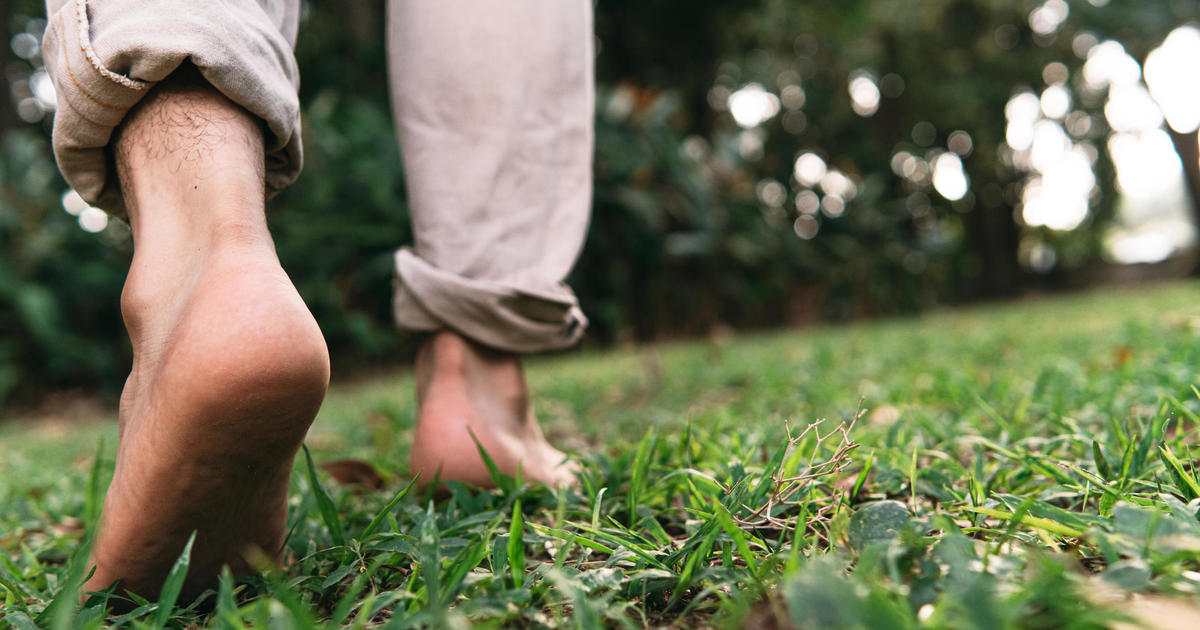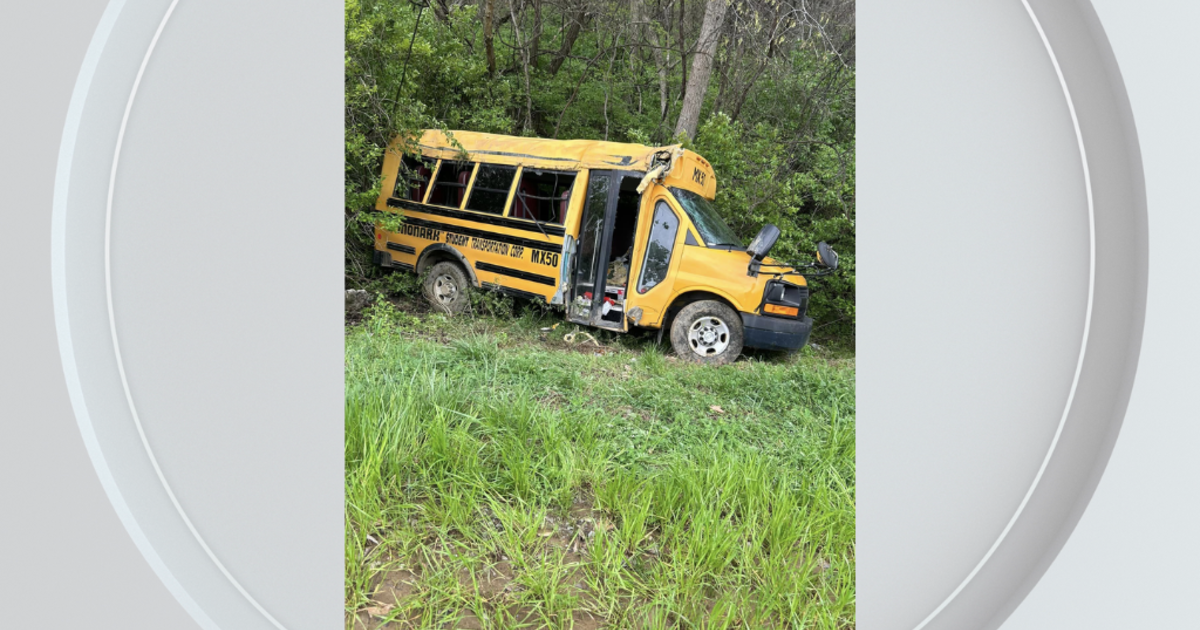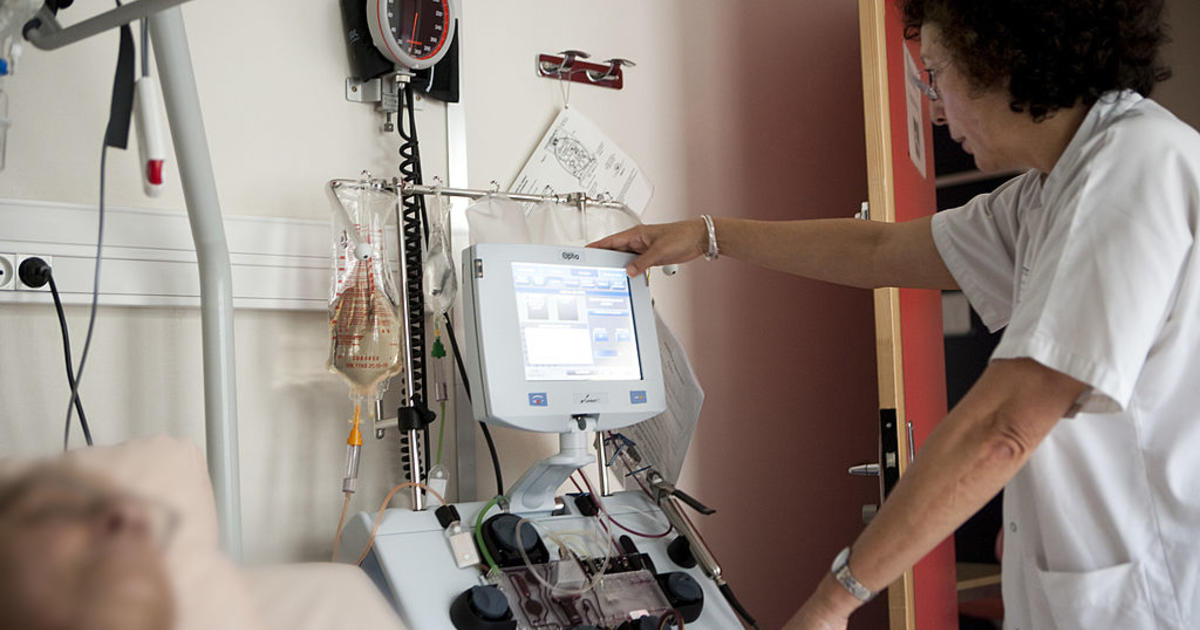The New Normal? Feeling Anxious, Nervous In Public Places More Common Following Mass Shootings
PITTSBURGH (KDKA) -- If you find yourself looking for the nearest exits or scouting out hiding places in public, you're not alone. Residents across the country say they are feeling anxious, even nervous when they're out in public following a weekend of back-to-back mass shootings. Experts say the feeling is one that is growing more common as the frequency of mass shootings grows too.
On Saturday, at least 22 people were killed and dozens injured in El Paso, Texas, in an apparent act of terrorism. Just hours later on Sunday morning, nine people were killed and 27 more were injured in Dayton, Ohio. Among those killed was Western Pennsylvania native Nicholas Cumer.
RELATED LINKS:
'Just Devastated': Dayton Victim's Former Teacher Remembers Him As Outgoing Student, Caring Volunteer
President Trump Addresses Nation Following Mass Shootings, 1 Of Which Left Western Pa. Man Dead
A Twitter user posed the question, and the reaction was overwhelming.
"Whenever I'm in a public space, I think about what would happen if a mass shooting broke out. It's a constant, low-level anxiety that follows me everywhere. I wonder if it's just me. I don't think it is."
More than 150,000 people have liked the tweet, and it's been shared nearly 40,000 times.
"I always find myself identifying exits and hiding spots without realizing it," Barbara VanDenburgh posted.
School teacher Harrison Cooper says that he works in middle school and has to think about it almost every day.
Dr. Jack Rozel of the University of Pittsburgh Medical Center's Western Psychiatric Hospital says after any widely reported disaster, many people will report increased anxiety.
"This could be feelings of worry, tearfulness, physical discomfort, intrusive thoughts, feeling like your heart is racing, poor appetite or sleep. Anxiety symptoms that are brief, tolerable, or which go away on their own over time are generally not concerning. Anxiety symptoms which get worse or start to interfere with major activities – like being afraid of going to public spaces – are usually worth having checked out by a doctor or mental health professional. If somebody is really feeling like they are having a hard time, it is perfectly reasonable to reach out for more support or help," Dr. Rozel says.
"It is most definitely a thought that is being thought about more and more by everyone, I was thinking that the other day at the movie theaters with my kids," parent Cory Hoover says.
Dr. Rozel agrees that talking with supportive friends and family can also be valuable.
"Making sure to engage in favored activities as well as basic day to day tasks like eating healthy and getting enough rest can be important. And turning off the news (after finishing this article) and social media for a little bit to take a break from the constant reminders and triggers can be invaluable," Dr. Rozel says.
"I sometimes ask my kids where they would hide when we are in the middle of a store," admits Sherry Nunn.
"Every time. As a parent, it frightens me most when I'm with my child. And every day that he goes off to school or camp I worry that he might not come home. I know I'm not alone. This is no way to live," writes Twitter user @northeast_mama.
So how should someone talk to their kids about these tragic events? Rozel says it's important not to be too pushy when asking questions, and to do the best you can to avoid putting more fear in a child.
"It can be a very difficult conversation sometimes, so first and foremost, parents and caregivers need to give themselves and their children permission to take time to process it. I usually suggest beginning with an open ended question, like, 'I was wondering what you have heard about that event, how are you doing with that?' They may have heard little or nothing and may not be concerned. Exploring questions like, 'How are you feeling about that?' can be helpful," Dr. Rozel said. "Children may have questions and we should ask if they do. It is OK to answer with 'we don't know' but we should avoid any answers with graphic content. Most importantly, we can reassure them: sometimes bad things happen, but there are lots of people who work very hard to stop them from happening and to make sure that people are taken care of if they do happen.' Being compassionate, patient and supportive will be far more valuable than having the "right" answer in a conversation like this."
Dr. Rozel heads a team of 150 trained crisis experts who respond to crisis situations called "resolve Crisis Services." It's a collaboration between UPMC Western Psychiatric Hospital and the Allegheny County Department of Human Services.
There are a lot of resources for people impacted by events like this, some suggestions are:
• resolve Crisis Services, 888-796-8226, offers free confidential phone, mobile, walk in, and residential crisis support to the residents of Allegheny County and are available 24/7/365
• The National Suicide Helpline is available regardless of location and can be reached at 800-273-7255, online at https://suicidepreventionlifeline.org/chat/ or by texting "TALK" to 741741
• For people directly impacted by a disaster like this, there is a national Disaster Distress Helpline at 1-800-985-5990 or text TalkWithUs to 66746 to connect with a trained crisis counselor




